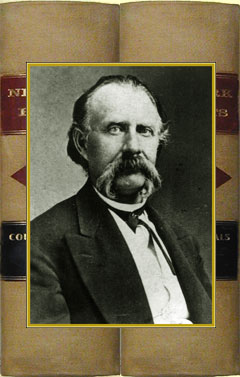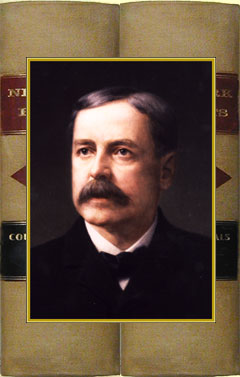
(Photography courtesy of the Hinsdale Historical Society)
|

|

(Photograph courtesy of the Court of Appeals Collection)
|

|







